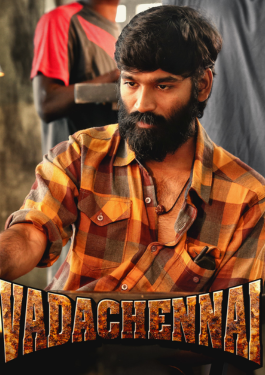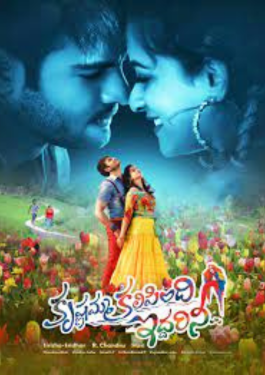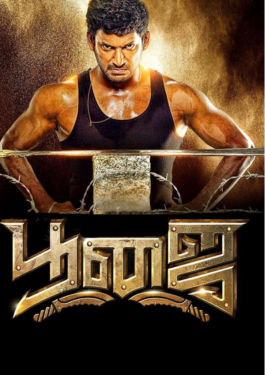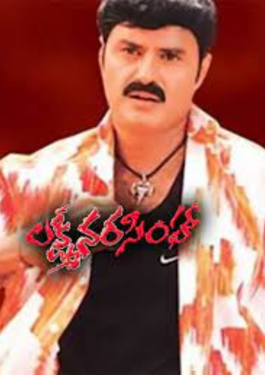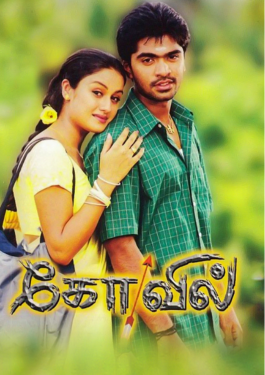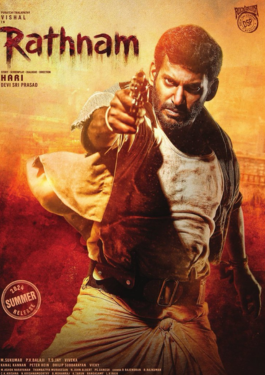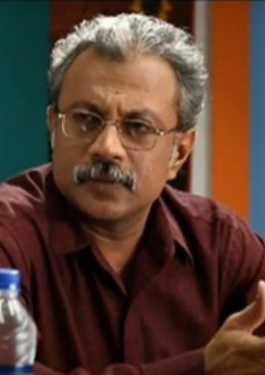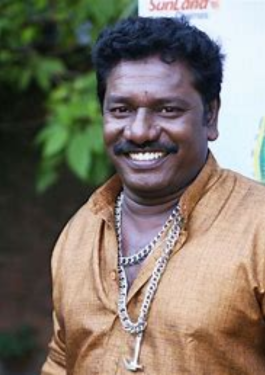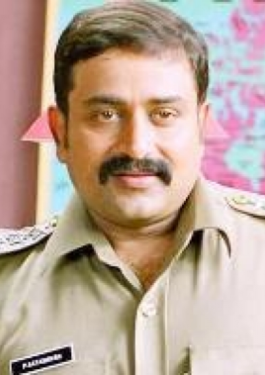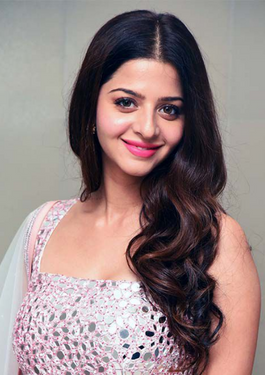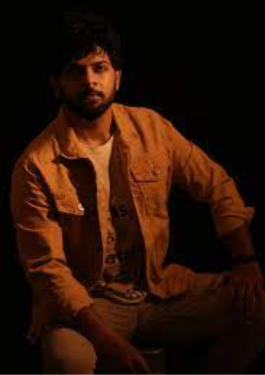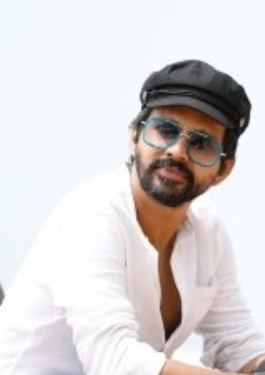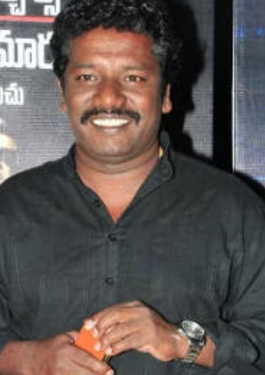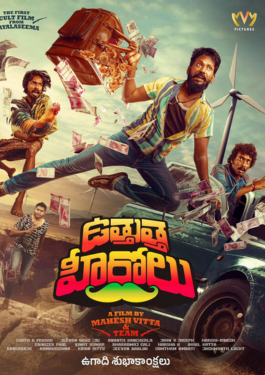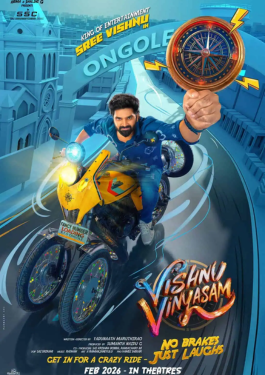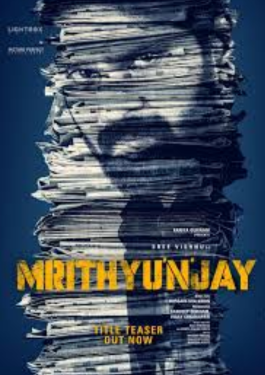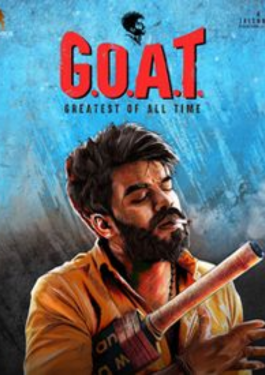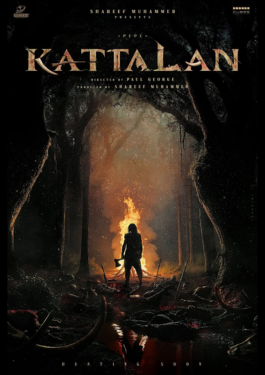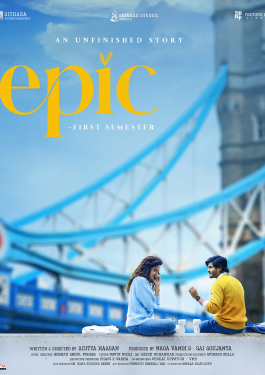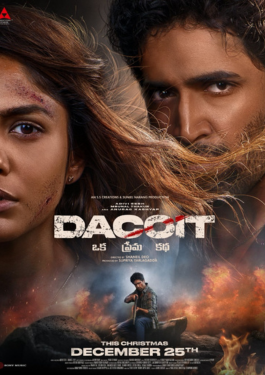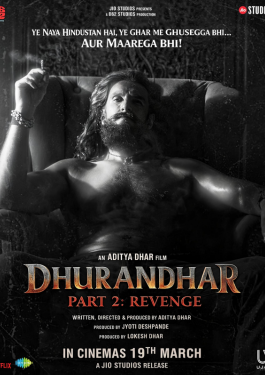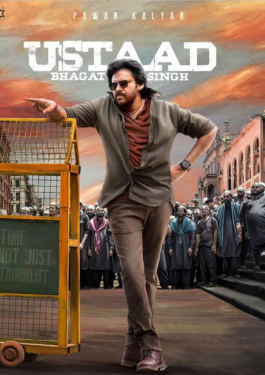- October 22, 2023 / 09:35 PM ISTByFilmy Focus
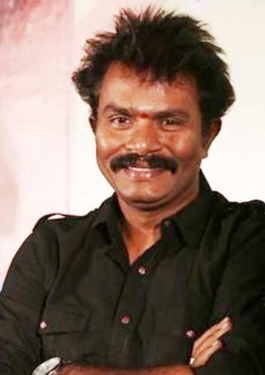
Hari
Biography:
Harikrishnan is also known as Hari, an accomplished Indian film director renowned for his contributions to the action and masala genres in Tamil cinema, initiated his directorial journey with “Thamizh” in 2002. His subsequent directorial ventures include notable films such as “Saamy” (2003), “Kovil” (2004), “Ayya” (2005), “Thaamirabharani” (2007), “Vel” (2007), and the Singam film series spanning from 2010 to 2017. Notably, he often directed movies based in Coimbatore, Dindigul, Tenkasi, and the Thoothukudi-Tirunelveli districts.
Hari’s early life was shaped by his father Gopalakrishnan, who operated a grocery store. Later, the family relocated to Chennai, where Hari pursued and graduated with a degree in Commerce.Hari is married to former actress Preetha Vijayakumar, the daughter of Vijayakumar and Manjula, sister of actor Arun Vijay, and together they have three sons. Hari’s journey in the film industry began as an assistant, gaining valuable experience working with directors such as Senthilnathan, Jeevabalan, Ameerjan, K. Natraj, Valli, Alex Pandian, Nassar, and K. Balachander.
His directorial debut, “Thamizh” (2002), featuring Prashanth and Simran, received positive reviews for its script and dialogues. Subsequent films like “Saamy” with Vikram became major hits, grossing ₹160 million and inspiring remakes in Telugu, Kannada, and Hindi languages. Hari continued his success streak with films like “Kovil,” “Ayya,” and “Aaru.” In 2007, Hari directed two films, “Thaamirabharani” with Vishal and “Vel” with Suriya.
Despite varied critical responses, Hari’s films often resonated with rural audiences. The year 2010 marked a significant milestone with the release of “Singam,” featuring Suriya, which emerged as a box office success and was later remade in Hindi, Kannada, and Bengali. Hari’s subsequent works included the sequel “Singam 2” (2013), “Poojai” with Vishal, and “Singam 3” with Suriya.
His ongoing projects include “Saamy Square,” the sequel to “Saamy,” and a collaboration with Suriya, which was initially titled “Aruvaa.” However, uncertainties arose regarding the latter due to Suriya’s other commitments. In June 2021, Hari commenced a new collaboration with his brother-in-law, Arun Vijay, titled “Yaanai,” featuring Priya Bhavani Shankar, Raadhika Sarathkumar, and Yogi Babu, with music composed by G. V. Prakash Kumar.
Notably, the protagonists in his films frequently share close familial ties, either with their fathers or mothers, and are enveloped in extensive family dynamics. A distinctive characteristic of Hari’s films is their “racy” nature, characterized by dynamic pacing and intense sequences. Additionally, some of his works are recognized for their explicit depiction of blood and gore onscreen, contributing to the visceral impact of the narratives.
This emphasis on action-packed storytelling and heightened dramatic elements has become synonymous with Hari’s directorial style. The aruva, or sickle, stands as a visual motif that weaves through the fabric of Hari’s films, serving as both a thematic and symbolic element. This recurrent presence underscores the director’s thematic commitment to the action genre and contributes to the visual identity of his works.
The aruva, with its cultural and metaphorical significance, becomes a tool through which Hari crafts narratives that resonate with his audience. The heroes portrayed in Hari’s films emerge as powerful and formidable figures, characterized by their ferocity and resilience. Their journey often unfolds within the context of a larger-than-life family setting, where familial bonds play a crucial role in shaping the narrative.
Furthermore, item numbers, known for their vibrant musical and dance performances, serve as an additional layer of entertainment within the narrative tapestry. Despite the popularity of his films, Hari’s directorial choices have also sparked discussions about the level of violence portrayed onscreen. Some of his works have gained notoriety for the explicit depiction of blood and gore, pushing the boundaries of conventional cinematic norms.
This deliberate choice adds a layer of intensity to the storytelling, further cementing Hari’s reputation as a director unafraid to experiment with the visual language of cinema. The thematic consistency across Hari’s filmography reflects his commitment to delivering high-energy, action-packed narratives that resonate with a broad audience. The aruva director’s films stand out not only for their intense action sequences but also for their portrayal of familial ties, vibrant item numbers, and the incorporation of comic relief. As he continues to explore the nuances of the action and masala genres, Hari’s directorial choices contribute to shaping the cinematic landscape within Tamil cinema.
More Details
| Name | Hari |
|---|---|
| Also Known as | Harikrishnan |
| Date of Birth | 10/09/1971 |
| Current Residence | Chennnai, Tamil Nadu, India |
| Religion | Hindu |
| Nationality | Indian |
| Height | 168 CM |
| Hobbies | Writing Scripts, Reading Books, Watching Movies |
| Father | Gopalakrishnan |
| Mother | Kanniammal |
| Spouse | Preetha Vijayakumar |
| Children | 3 Sons |
| Educational Qualification | Degree in Commerce |
| Debut Movies | |
|---|---|
| Language | Movie Name |
| Tamil | Thamizh |
| Awards List | ||||
|---|---|---|---|---|
| Year | Award | Category | Movie Name | |
| 2011 | Edison Awards India Awards | Commercial Movie | Singam | |

